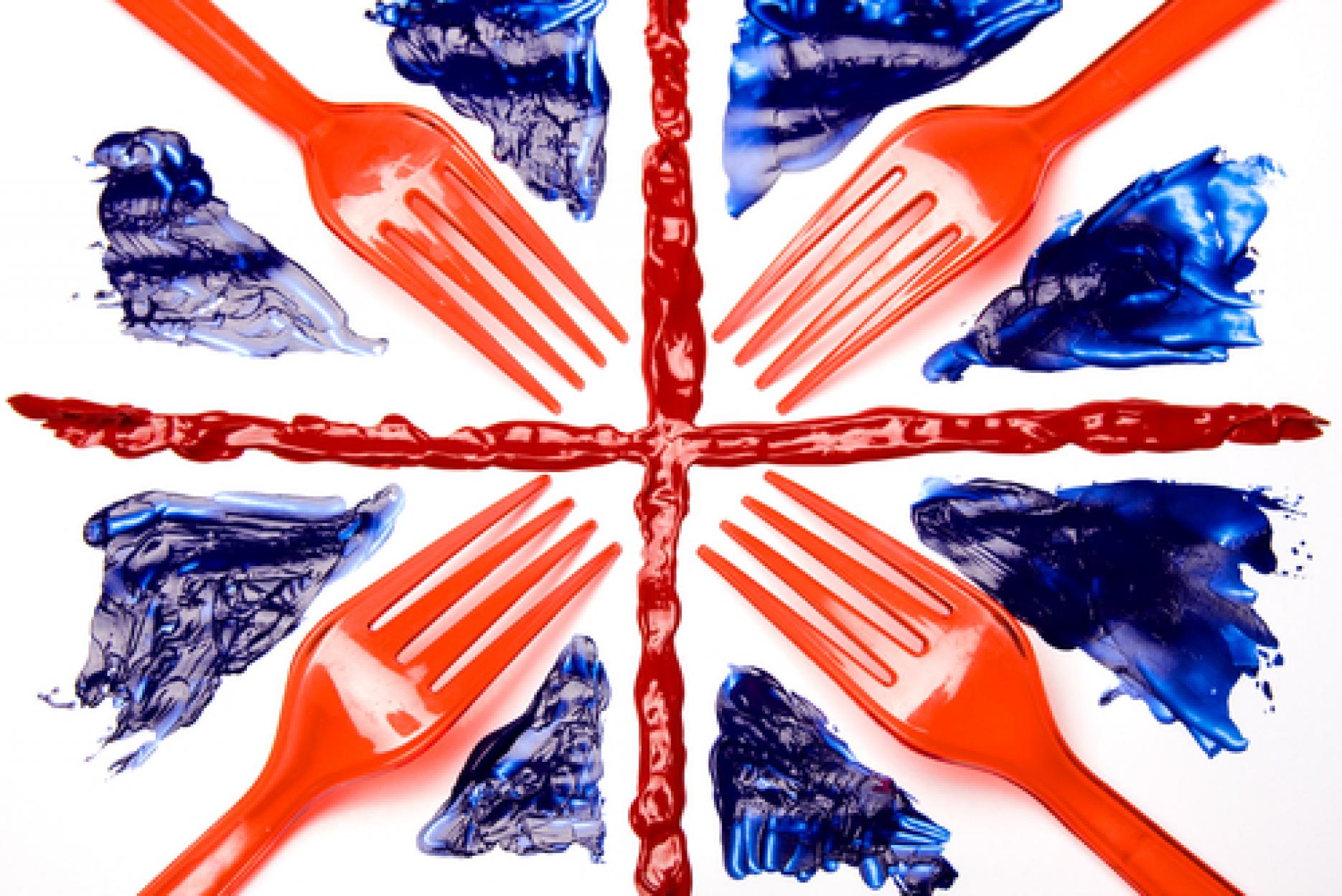
One in two consumers think British food is better quality than imported after horsemeat scandal
In addition, Mintel asked consumers about factors which would influence their buying choice in food and non-alcoholic drinks - British origin (34%) was the most important issue to shoppers - a figure which had risen from three in ten (30%) at the end of 2012.
Amy Price, senior food and drink analyst said: “The importance of food being British has leapt in popularity in the wake the horse meat scandal. The food industry is likely to feel the effects for some time, with consumers taking a greater interest in British and local origin and a more proactive stance on questioning the provenance of their food. The horse meat scandal has re-affirmed consumers’ faith in the quality of British-produced food.”
While “traceability” is only of concern to 14% of British shoppers, this latest research shows it is an issue which has shown the greatest increase in importance amongst today’s more savvy consumer - a figure which has risen from just 6% in three months.
“Even in the aftermath of the horse meat scare, traceability as a key choice factor is far behind, for example, British origin. This indicates that British origin is seen by consumers to provide the most effective shortcut to reassurance, when considering various food issues,” said Price.
“Focusing on promoting transparency to consumers, either through proving British sourcing through logos such as the Red Tractor or through placing greater emphasis on traceability, as well as communicating steps that are being taken to shorten or tighten the supply chain would likely resonate with consumers in the current climate, helping to build credibility and restore trust among consumers.”
Three quarters (74%) of all consumers feel it is the duty of the retailers to support British farmers and growers - up from (68%) in December 2012.
And a third (33%) of the nation say that they are willing to pay more for food and drink with a “made in Britain” label - a figure which has risen from a quarter (24%) back in December 2012.
“The fact that consumers are willing to pay more for British produce in these difficult financial times is extremely encouraging for British food producers. British growers and producers should emphasise these tangible benefits in their marketing messages in order to remind consumers of the positives attributes of buying British,” concluded Price.
